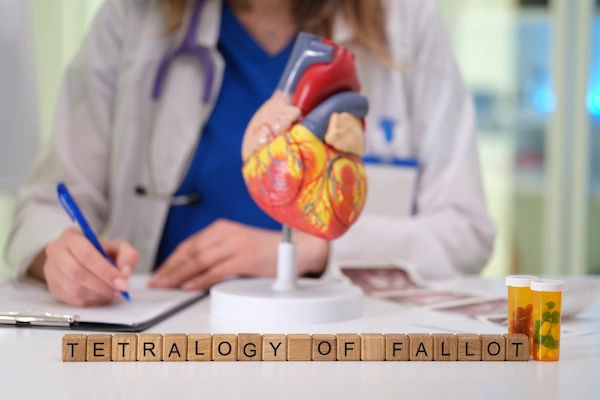- male
- 45 Years
- 22/01/2025
I'm a bit worried after getting my ECG results back. It mentions something about 'Borderline T abnormalities' in the interior leads, and I'm really not sure what that means. Do you think this might indicate a heart problem? I've got my ECG results attached, if that helps.
Answered by 1 Apollo Doctors
Borderline T abnormalities in the interior leads of an ECG can indicate a possible minor issue with the electrical activity in the heart. It may not necessarily indicate a serious problem, but it is important to monitor and follow up with your healthcare provider for further evaluation. In some cases, it could be a normal variant for some individuals. There is no specific medication required for Borderline T abnormalities on an ECG. However, it is important to maintain a healthy lifestyle, including regular exercise, a balanced diet, and avoiding smoking or excessive alcohol consumption to support heart health. Regular follow-ups with your doctor to monitor your heart condition are also recommended.
Dr. Dhankecha Suggests...
Consult a Cardiologist
Answered 04/07/2025
0
0

More Cardiology Health Queries
View allI've been experiencing really strong heartbeats two or three times a day for the last year and a half, especially when I'm doing anything physical. Otherwise, my blood pressure seems normal. I'm feeling pretty scared about this. Should I see a doctor?
It sounds like you may be experiencing episodes of palpitations. In such cases, it is important to rule out any underlying heart conditions. You can try taking Metoprolol (brand name: Lopressor) 25mg once a day to help control your heart rate and reduce the intensity of palpitations. However, it is advisable to consult a doctor for a proper evaluation and further management.
Answered by 1 Apollo Doctors
Is Egg good for high blood pressure?
Eggs are protein rich which is good to promote weight loss and for high blood pressure.
Answered by 1 Apollo Doctors
I recently had a TMT test and got a negative result, but a couple of PVCs showed up during the test. Should I be worried about this? Is there any treatment or something I should consider?
Premature Ventricular Contractions (PVCs) are extra heartbeats that begin in one of your heart's two lower pumping chambers (ventricles). Occasional PVCs are typically harmless, especially if you have no underlying heart disease. However, if you are experiencing frequent PVCs or have a history of heart disease, it is important to consult with a cardiologist for further evaluation. In terms of treatment, if PVCs are causing symptoms or are frequent, your doctor may prescribe antiarrhythmic medications such as **Metoprolol** at a specific dosage to help reduce the occurrence of PVCs and manage any associated symptoms. Additionally, lifestyle changes such as reducing caffeine and alcohol intake, managing stress, and getting regular exercise may also help in managing PVCs. Remember, it is important to follow up with your healthcare provider for a personalized treatment plan based on your individual health needs.
Answered by 1 Apollo Doctors
Disclaimer: Answers on Apollo 247 are not intended to replace your doctor advice. Always seek help of a professional doctor in case of an medical emergency or ailment.



_1.webp)
